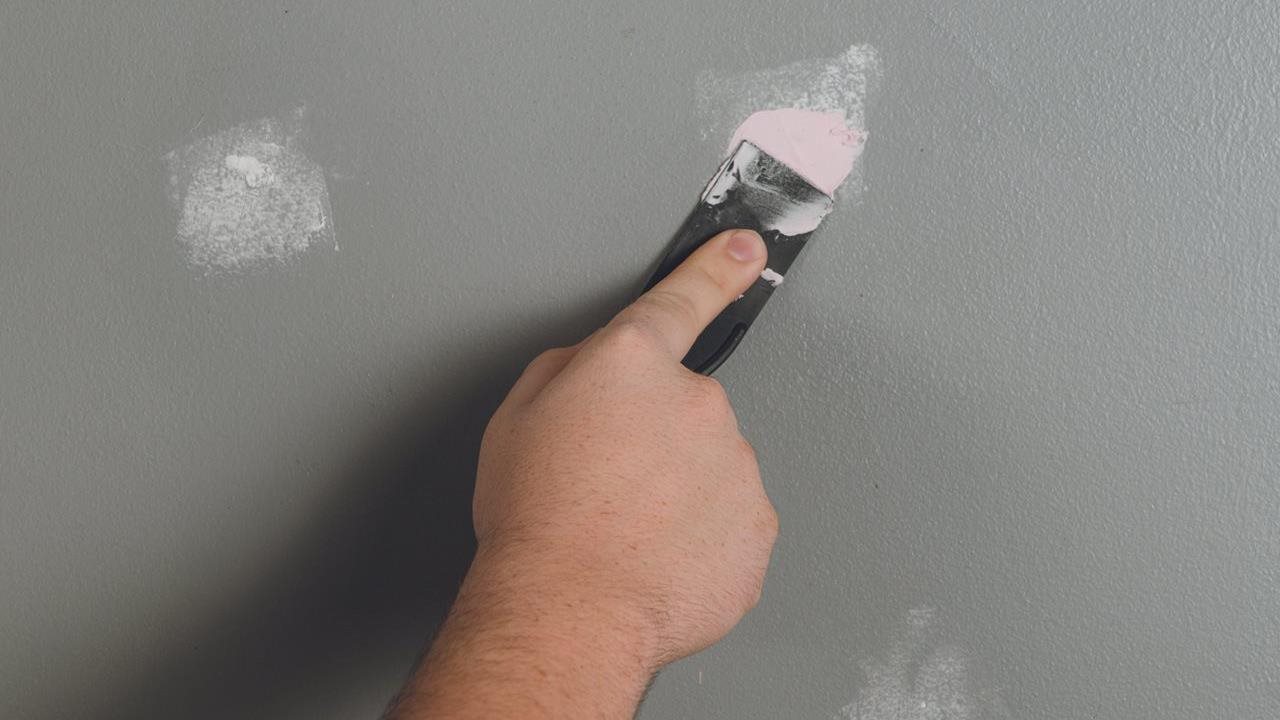
(BPT) – Preparing your home for sale may start with ideas for staging the house or spackling and painting over nail holes, however, it also requires a considerable amount of planning and organization. Before opening your home to tours, either virtual or in person, be aware of what buyers might notice.
“Getting your home ready for sale may seem like an overwhelming task, but it’s important to make your home as attractive as possible,” said Bonnie Lee, vice president of property claims at Mercury Insurance. “Not only does it give a favorable first impression, but it also shows that the home was well maintained and cared for. Most buyers expect to tour and eventually purchase a clean, well-cared for home.”
Walk through each room of your home and take note of what needs to be cleaned, repaired or replaced.
Eliminate clutter
For many homeowners the beginning of the home selling process is the chance to clear out any unwanted items. Take this time to throw away, donate or sell items that are no longer purposeful. Remember that potential buyers are likely to open closet doors and built-in cabinet drawers to determine the amount of storage space available, meaning you won’t be able to simply store unwanted items in a closet. Buyers want to visualize themselves and their belongings within the living space so depersonalize and remove any large visual distractions such as large, distinct artwork or family photos.
Bulkier items such as furniture can change the perceived size of a room. Make sure buyers are able to walk around living spaces without bumping into furniture. If you don’t plan to take certain large items with you, check if your local municipality will pick them up.
Deep clean your home
Before scheduling tours of your home, do a deep clean, especially in areas like the kitchen and bathrooms. Home buyers are savvy and can detect when candles or air fresheners are being used to mask unpleasant scents of a home.
“A home that hasn’t been cleaned can be perceived as needing a lot of work or has underlying serious problems like water or structural damage,” Lee said. “Keeping your home clean will boost that ever-important first impression and maximize the selling cost.”
Make small repairs
Wear and tear from everyday living is normal. However, fixing these small repairs before listing your home might be a slight inconvenience for you, but might be seen as part of a larger, underlying issue to a potential buyer. Thoroughly go through each room of your home and touch up any dings on baseboards or doors. Make any minor repairs like filling in and repainting any holes left in the walls from hanging items. Check for leaking faucets or running toilets and replace any worn or damaged caulking around sinks, showers, bathtubs or windows.
Curb appeal
Your home’s exterior is the first thing buyers see as they approach the house. Trim any trees or shrubs outside of your property, especially along walkways, for a well-manicured look. Inspect any trees around your home to make sure they aren’t scraping shingles off of your roof or blocking gutters. Keep walkways and driveways free of clutter such as gardening tools or children’s toys. Replace or repair any damaged screens or windows and make sure that any house numbers are visible.
“A well maintained outdoor area that has been properly cared for is not only aesthetically pleasing but can also be a reflection of how well the home was cared for overall,” Lee said.
Get a CLUE
A Comprehensive Loss Underwriting Exchange (CLUE) report provides a detailed history of any insurance claims that may have been filed on the house within the last seven years. While this report is extremely useful to buyers, it can be equally important to sellers. “Sellers whose homes have had no insurance claims within the last seven years can use a CLUE report as a selling tool. It gives potential buyers the assurance that they are not buying a home with a history of problems and increase a seller’s chance of selling their home quickly,” Lee said.
Under the federal Fair Credit Reporting Act, you can request a copy of your CLUE report from LexisNexis by calling 1-866-312-8076 or by visiting consumer.risk.lexisnexis.com.
